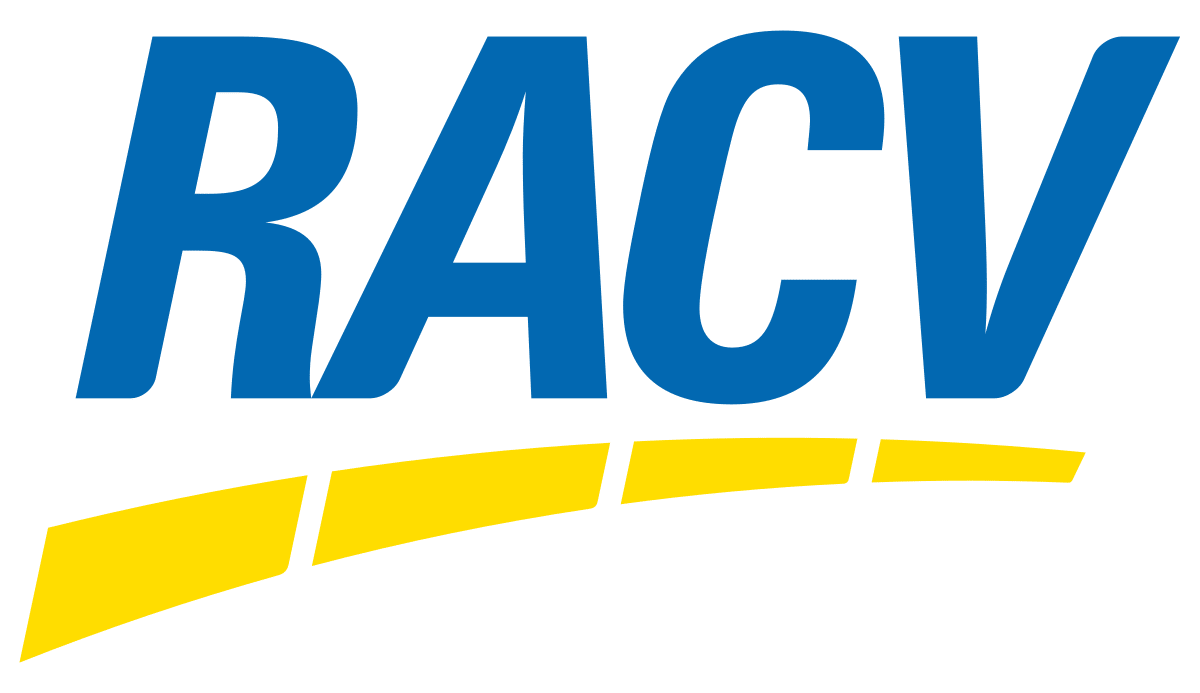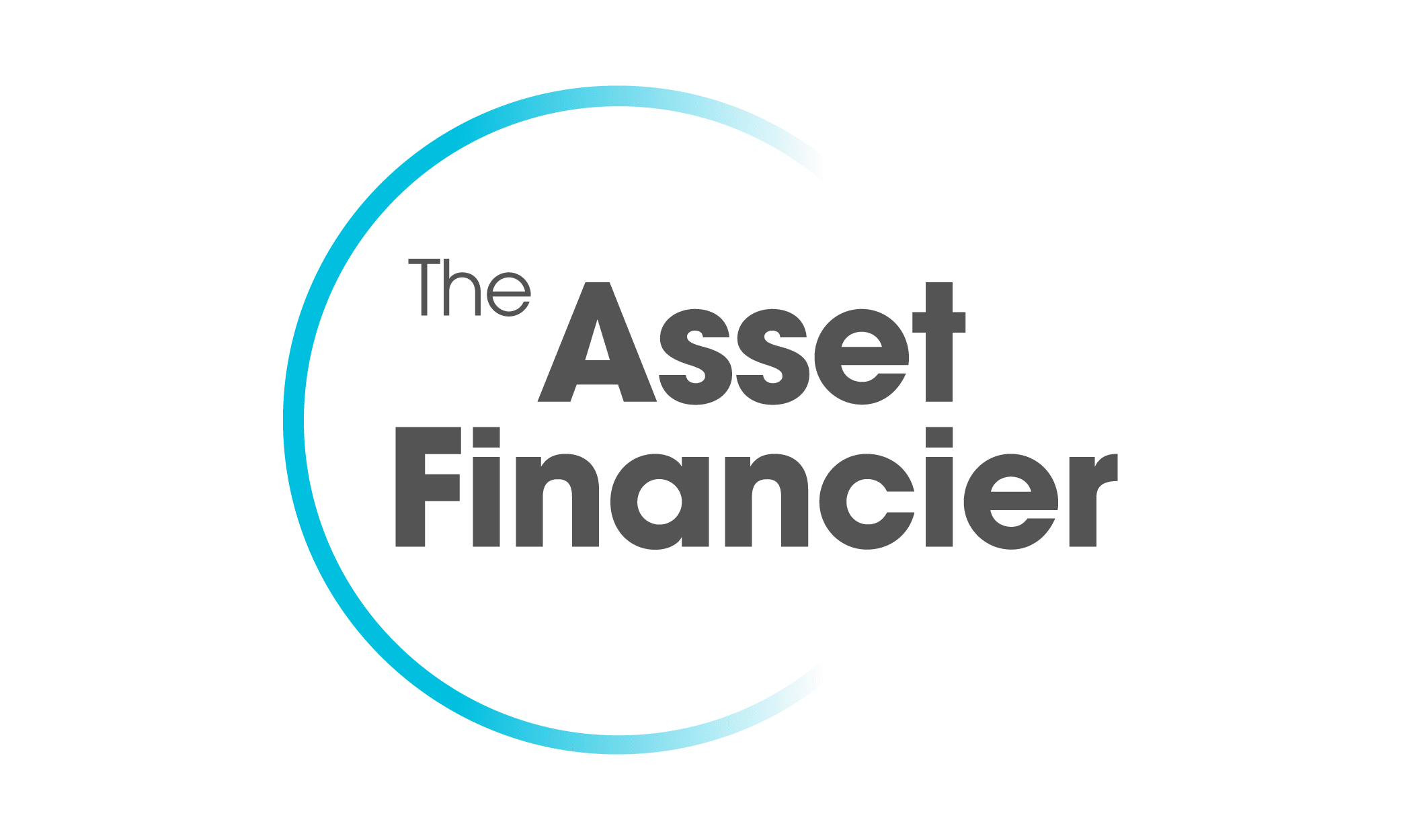How much will my bad credit car loan cost?
Just like a standard car loan, bad credit loans use the vehicle you’re purchasing as collateral for the loan and are repaid in regular instalments. However, because of the increased risk associated with borrowers who’ve struggled with their credit, the interest and fees you’ll be required to pay will typically be higher than on a loan for someone with good credit. Additionally, the amount you can borrow and terms you can access may be more limited.
There’s a range of factors that can impact the cost of your bad credit car loan, such as:
Interest rates and loan amount
As mentioned, rates will be higher on bad credit loans compared to other car loans. You can see the range of interest rates on bad credit car loans from some of our lending partners as of December 2025:


The interest you'll be charged on your loan will ultimately come down to factors related to your profile and the nature of your bad credit, so you may not get the same rate as the next person.
Because interest is calculated based on your outstanding loan balance, greater sums will result in higher overall interest outlays. The following table shows how both higher rates and larger loans can make a big difference to your monthly repayments:
| Loan size | 15.00% p.a. | 17.00% p.a. | 19.00% p.a. | 21.00% p.a. |
|---|---|---|---|---|
| $15,000 | $357 | $373 | $389 | $406 |
| $20,000 | $476 | $497 | $519 | $541 |
| $25,000 | $595 | $621 | $649 | $676 |
| $30,000 | $714 | $746 | $778 | $812 |
| $35,000 | $833 | $870 | $908 | $947 |
| $40,000 | $952 | $994 | $1,038 | $1,082 |
| Calculations based on a five-year loan repaid monthly. | ||||
As you can see, on a $35,000, five-year car loan, jumping from 19.00% p.a. to 21.00% p.a. would result in a monthly increase of around $40. Rates are usually fixed on car loans, though some lenders may offer variable interest rates.
In 2025, the average car loan amount approved for bad credit customers through Savvy was $29,869. This means that, on average, bad credit customers borrowed $7,240 less compared to all car loan customers.
Additionally, the average age of cars financed by bad credit customers through Savvy last year was eight years, compared to the average of six years across all car loans.
Fees
There are several fees that can be charged on your loan. These include:
- Establishment fee: a one-off fee built into your repayments which can cost up to $400 to $600.
- Monthly fees: an ongoing charge included on each repayment which can range from nothing to $15 or more.
- Early repayment fees: these may be charged if you pay out your loan ahead of schedule, with the cost depending on the size of your loan and the time left to run on your term.
- Late payment fees: these may be charged if you submit a payment late or miss it altogether. They can be costly if they stack up.
Loan term
One of the most significant variables when it comes to the amount of interest you’ll pay is the length of your loan term. It’s simple: the longer your loan term, the more interest you’ll be charged overall. The following table demonstrates this:
| Loan term | Monthly repayments | Total interest | Total saving |
|---|---|---|---|
| 7 years | $463 | $14,902 | N/A |
| 6 years | $507 | $12,539 | $2,363 |
| 5 years | $571 | $10,258 | $4,644 |
| 4 years | $668 | $8,061 | $6,841 |
| Calculations based on a $24,000 car loan repaid monthly with a 15.00% p.a. interest rate. | |||
While a longer term makes your monthly car repayment more affordable, you’ll pay more in the long term. By shortening your term from seven years to six for the loan example listed above, you’ll only be required to pay just $44 extra per month (or around $11 extra per week) in return for a saving of more than $2,300.
Extra repayments
If you’re able to make free additional repayments and not pay early termination fees, you could end up paying off your loan much sooner and for a lower cost. This follows the same logic for shorter loan terms, which you can see here:
| Loan term | Extra payment | Total monthly payment | Total interest | Total saving | Total loan term |
|---|---|---|---|---|---|
| 5 years | $0 | $571 | $10,258 | N/A | 5 years |
| 5 years | $50 | $621 | $8,990 | $1,268 | 4 years, 6 months |
| 5 years | $100 | $671 | $8,009 | $2,249 | 4 years |
| Calculations based on a $24,000 car loan repaid monthly with a 15.00% p.a. interest rate. | |||||
By paying just $50 extra per month (or around $13 extra per week), you’d clear your debt six months sooner and save over $1,250 on a loan with the terms included above. Plus, making higher repayments could save you even more.
Why apply for a car loan with Savvy?
Fast & easy application
Apply online and submit and sign all your documents digitally. We can assess your profile with a soft credit check, so your score isn't impacted.
Trusted since 2010
With 15+ years of experience and a 4.9-star customer service rating on Feefo, we've helped thousands of Aussies find their ideal car loan.
Unbeatable rates & choices
Access 40+ lending partners nationwide. We compare providers to find the most competitive interest rates tailored to your profile.
Tips to improve your bad credit application
-
Demonstrate stable income
Lenders want to see that you’re earning enough to support your car loan repayments, whether that's from your job, self-employment or eligible Centrelink payments. This reassures them that you can safely pay off your loan. There may be options available even if you’re a low income earner. If you’re casually employed, you’ll need to show a record of stable, consistent hours and income to maximise your approval chances.
-
Put down a deposit
While putting a deposit down for a car loan is less common, doing so will reduce the interest you have to pay. This is because it reduces the size of your loan, therefore lowering the amount you’re paying interest on. Depending on your financial profile, there may be situations where you’re required to pay a deposit of between 10% and 20% as a condition of approval, though a deposit isn’t always mandatory.
-
Improve your credit score
Even small improvements to your credit score can make a difference to the size and rate of the car loan you’re eligible for. Paying bills on time, reducing outstanding debts and checking your credit report for errors can all help boost your score and your chances of approval.
-
Use a co-borrower or guarantor
Having a co-borrower like your partner or a guarantor on your car loan (someone with a stronger financial profile who agrees to back up your loan) can strengthen your application and improve your chances of approval. Both options reduce the burden on you, with lenders often feeling more confident with an extra person either paying the loan or adding an extra layer of security.
-
Pay off debts and close any unnecessary lines of credit
The less debt on your plate when you apply for your loan, the better. This means clearing outstanding debts, including those that you’re behind on, and reducing your credit card limits. If you have credit cards or other lines of credit that you don’t use, they’re actively impacting your borrowing power. Closing them will boost your approval chances.

Critical pitfalls that destroy your chances
"Critical pitfalls that will destroy your car loan application are wage advance and payday loans, excessive gambling, poor bank account conduct and recent unaddressed defaults. Rushing into applications with these issues active virtually guarantees rejection and further credit score damage. A skilled broker can assess your profile honestly and identify which issues need addressing before applying and risking rejection."

How to apply for a bad credit car loan with Savvy
-
Fill out our simple online application form
Start by completing our easy application form. Tell us about yourself, your financial situation and the loan you want. This takes no more than ten minutes and allows us to assess your profile ahead of comparing options on our lender panel.
-
Send through your documents
We may require additional supporting documents to further process your application, such as payslips, ID and bank statements, which you can submit via our online portal. You can also sign any relevant documents electronically.
-
Speak to your broker
Once we have all the info we need, your Savvy car loan specialist will call you to talk you through your finance options. They’ll let you know how much you’re able to borrow and may ask a few more questions to clarify details about your profile.
-
Pick your car
If you haven’t found your car yet, we can help. Our in-house car broker, Vehicles Direct, uses a nationwide network of dealerships to find the car you want at a competitive price.
-
Have your application submitted and get approved
When you’re ready to proceed with the application, your broker will prepare all the required details and submit it to the lender on your behalf. Formal approval can happen as soon as within one business day.
-
Sign off and get your car
From there, you’ll need to sign off on the final loan documents and contracts and we’ll handle the settlement of the deal. Once that’s all done, the funds can be transferred directly to the seller and the car is yours!
Car dealerships and bad credit
An alternative option to comparing car loan deals online is to purchase your vehicle at a dealership and take out finance through them. However, while this might seem convenient, there are a few things to keep in mind when financing a car through a dealership when you have bad credit:
- Watch out for steep balloon payments: a balloon or residual payment is a lump sum payment to be made at the end of your car loan. A car loan through a dealership may appear cheap month-to-month, but have an unaffordable balloon payment attached at the end that you need to fork out tens of thousands of dollars for.
- Keep an eye on added extras: car dealership representatives will often suggest optional extras like add-on insurance. Consider these carefully and evaluate whether you want the cover or if it’s worthwhile.
- Consider where you’d be if the car breaks down: if you’re buying a used car that isn’t covered by a manufacturer warranty, you’ll still be covered by a short dealer warranty. However, if it breaks down outside both, think about whether you’ll be able to manage a high interest loan on a long term without a working car.
Another important factor to keep in mind is depreciation. Your car’s value will decrease over time, meaning the balloon you’re signed up to pay at the end of your loan could be substantially higher than the vehicle’s sale price.
For example, you could get a $35,000 loan for a new car taken out over five years with a 45% balloon payment ($15,750) from a dealership. However, if the car is only worth 40% of the original price after five years ($14,000), you’d have to pay $1,750 out of pocket if you wanted to sell the car and cover the balloon.
The benefits of applying for a bad credit car loan with a broker
Brokers can be very beneficial when it comes to dealing with bad credit applications for a number of reasons.
Firstly, a good broker will have a wide and diverse panel of lenders, which gives them more options to choose from to accommodate your profile and needs.
Secondly, by taking a deep dive into your credit file, they can identify exactly where the issues lie and provide guidance on the best course of action.
This can include advising you on any debts or defaults that need to be addressed before the application can proceed.
When you speak with an expert Savvy car finance broker, they’ll do a soft-touch credit check (which doesn’t impact your score) and they’ll explain the options available for your situation.
Can I refinance my car loan with bad credit?
Yes, you may be able to refinance your car loan deal if you have bad credit. There are several situations where you might look to refinance, such as if your credit score and finances have improved, you need to adjust your loan term or amount or you want to remove a co-borrower or guarantor.
However, if you’re removing a co-borrower or guarantor and your credit hasn’t improved, you risk being hit with a higher interest rate and potentially steep exit fees for your current loan and setup fees for your new one. The decision may be taken out of your hands, though, if you can’t show lenders that you’ve been able to do each of the following:
- You’ve consistently made repayments on time and in full
- You’ve decreased or eliminated other bad debts
- You’ve continued to have stability in your life, such as employment, income and residential history
Bad credit car loan refinancing example: locking in a lower rate
Matthew needs to buy a new car but has bad credit. He finds a lender who can offer him the $40,000 loan he needs over seven years, but he has to repay it with a 15.00% p.a. interest rate. His repayments are $772 per month.
Matthew repays his loan for two years without any issues, during which his past defaults are removed from his credit file. His current loan balance is $32,445 and he’s repaid $10,970 in interest in the first two years of his loan.
He starts looking around for other loan options and finds one that he can refinance to with a 9.00% p.a. rate. However, they are only willing to approve a five-year loan of $28,000, as his car has decreased in value by 30% over those two years. This means he’ll have to pay the remaining $4,445 out of pocket if he refinances his loan.
Matthew works out the cost of sticking with his current loan compared to refinancing to a new one:
| Loan | Loan amount | Interest rate | Monthly payment | Total interest | Total after seven years |
|---|---|---|---|---|---|
| Bad credit car loan | $32,445 | 15.00% p.a. | $772 | $24,837 | $64,837 |
| New car loan | $28,000 | 9.00% p.a. | $581 | $17,844 | $57,844 |
| Interest rates and calculations are for illustrative purposes only and may not be reflective of the car loan deals you are offered. Total after seven years for new car loan includes a deposit of $4,445 to cover the car’s negative equity. Costs do not include early break fees, which may apply to the old loan, and setup fees, which may apply to the new loan. | |||||
Even though Matthew will have to fork out almost $4,500 out of his savings, he sees that he’ll save just shy of $7,000 if he refinances his car loan to access the reduced rate.
- Add-on car insurance - Moneysmart



























